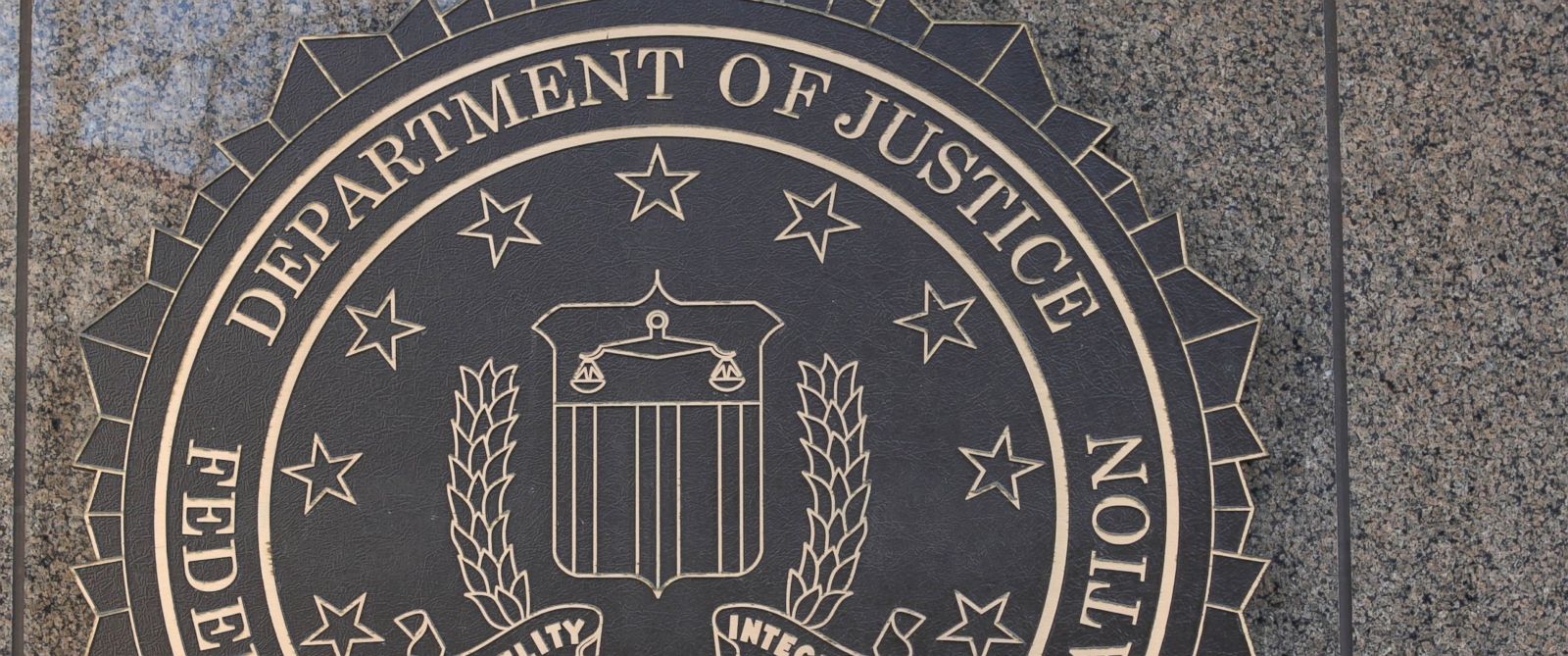 Be careful when you're meeting new people in the nation's capital and
elsewhere, because you could be a prime target for foreign spies.
Be careful when you're meeting new people in the nation's capital and
elsewhere, because you could be a prime target for foreign spies.
That's the warning FBI agents gave to presidential campaign staffers Wednesday during two separate security briefings in Washington, D.C., according to sources.
While the briefings were portrayed as routine, they come amid
increasingly aggressive efforts by foreign governments to access U.S.
secrets and potentially influence upcoming elections here.
FBI Chief Responds to Concern Over Cyberthreats to US Election System
Top Intel Official Tells Americans to End 'Hyperventilation' Over DNC Hack but Calls Breach Potentially 'Serious'
Wednesday’s unclassified briefings were held just blocks from the White
House, in the building shared by rival transition teams for Donald Trump and Hillary Clinton, the sources said.
An FBI official described the sessions as voluntary "awareness
briefings" provided to "low-level staffers" of the two major-party
campaigns every presidential election cycle.
Each briefing Wednesday – a morning session for the Trump team and a
later one for the Clinton team – lasted about an hour, ABC News was
told.
One campaign source said FBI agents laid out a "standard best practices
briefing," emphasizing it was "not precipitated by any particular [or
known] threat."
Nevertheless, the FBI official acknowledged the unique threat
environment facing the United States, particularly espionage efforts
from Russia.
Officials acknowledged earlier this week that suspected Russian hackers
successfully stole voter-related information from the election system in
Illinois. Around the same time, "a known Russian hacker" instigated a
cyberattack on Arizona’s election systems, but attempts to access the
system failed, according to a spokesman for the secretary of state’s
office in Arizona.
Meanwhile, the FBI is still investigating what appear to be coordinated cyberattacks on the Democratic National Committee
and other Democratic organizations. Authorities suspect the
computer-based assaults were likely launched out of Russia, according to
sources.
The nation’s top intelligence official recently said it’s "not
surprising" to see Russia trying to undermine the U.S. political
process, especially because Russian President Vladimir Putin is "paranoid" about "the potential for a 'color revolution' to occur in Russia."
"They believe we're trying to influence political developments in
Russia, we're trying to effect change, and so their natural response is
to retaliate and do unto us as they think we've done to them," Director of National Intelligence James Clapper said in July at the annual Aspen Security Forum in Aspen, Colorado.
The last time two non-incumbents were major-party nominees for the White
House – in 2008 – foreign spies engaged in espionage activity "like no
other" presidential campaign before it, according to a document from
Clapper's office cited by the Associated Press.
Leading up to that election, foreign spies "met with campaign contacts
and staff, used human source networks for policy insights, exploited
technology to get otherwise sensitive data, engaged in perception
management to influence policy," said the document, which was used in a
slide show warning new Obama administration officials that they could be
targeted by foreign spies.
Wednesday’s sessions likely mirrored briefings that the FBI routinely
gives to staffers working in the U.S. Senate and House of
Representatives, and to others working in government-related affairs
across the country.

No comments:
Post a Comment